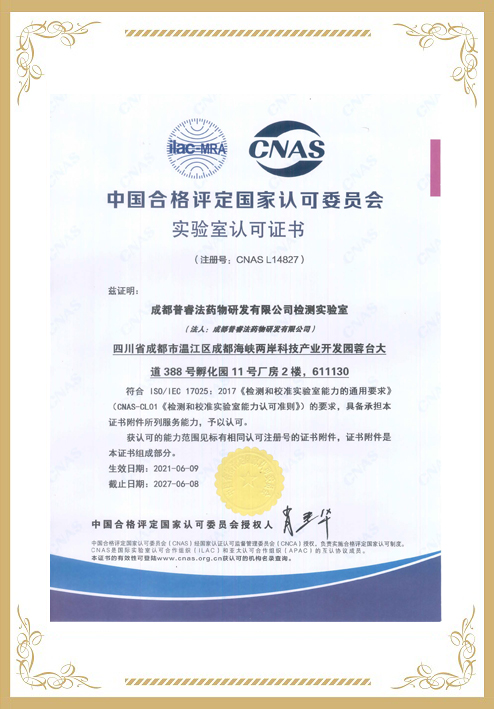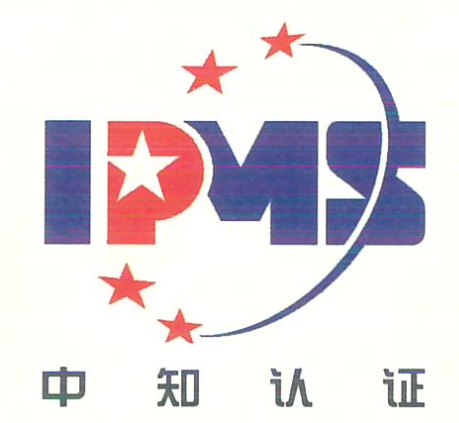This study investigates the gut anti-inflammatory activity of a plant sterol (PS) food supplement (PS-FS), alongside PS-
enriched milk-based fruit beverage and PS-enriched rye bread. A co-culture model based on a dual-chamber system with
differentiated intestinal-like Caco-2 cells (apical) and RAW264.7 macrophages (basolateral) was used. The bioaccessible
fractions (BF) of the samples were obtained after INFOGEST 2.0 simulated gastrointestinal digestion. The BF were added to
the apical part (diluted 1/20 v/v with culture medium to avoid cytotoxicity) for 90 min, followed by stimulation with
lipopolysaccharide (LPS) (1 μg mL– 1, 24 h) on the basolateral side. The pharmacological interaction between samples and
budesonide (1 μM/90 min) was evaluated. Results indicate that PS-FS significantly attenuated LPS-induced secretion of IL-8
(28%) by Caco-2 cells, and TNF-α (9%) and IL-6 (54%) by RAW264.7 macrophages, whereas PS-enriched beverage and bread
did not exhibit protective effects. Additionally, PS-FS demonstrated an improvement in oxidative status in Caco-2 cells,
evidenced by reduced levels of reactive oxygen species (47%), iNOS protein expression (27%), and nitrite/nitrate secretion
(27%). Mechanistically, PS-FS inhibited the NF-B-COX-2-PGE2 signaling pathway in macrophages, resulting in decreased NF-
kB p65 nuclear translocation (39%), COX-2 protein expression (32%), and PGE2 production (27%). Co-treatment with
budesonide and PS-FS displayed an antagonistic effect (combination index 0.38-0.63) . This study demonstrates the potent
intestinal anti-inflammatory activity of a PS-FS, positioning it as a promising nutraceutical product for the management of
inflammatory bowel diseases. However, the food matrix of the milk-based fruit beverage and rye bread appear to interfere
with the anti-inflammatory activity of PS.























